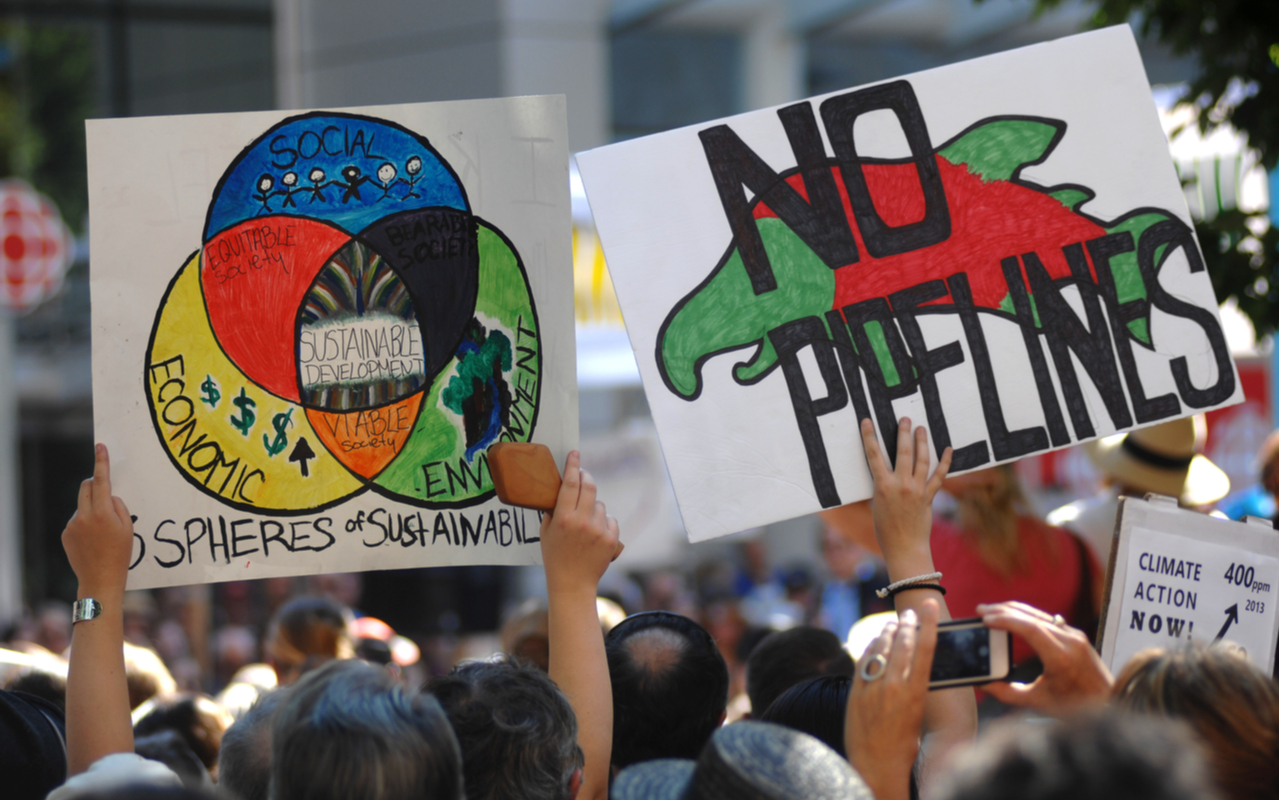
Key Oil and Gas Pipelines Are on Their Last Legs — That’s Good News
A systematic program of investment in renewables and energy efficiency will create many more jobs than pipelines and pose far less threat to life on our planet.

A systematic program of investment in renewables and energy efficiency will create many more jobs than pipelines and pose far less threat to life on our planet.
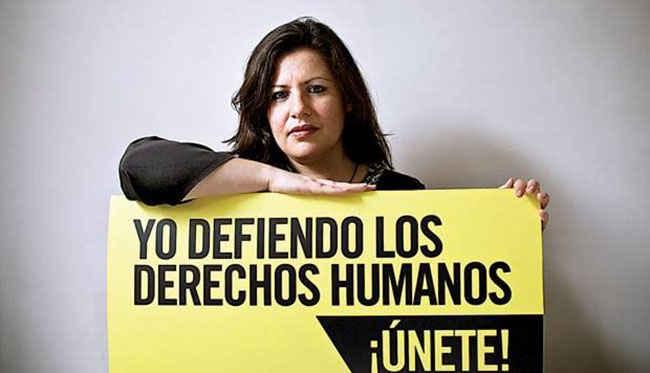
Nine movement leaders from all over the world share their hopes for the year to come.
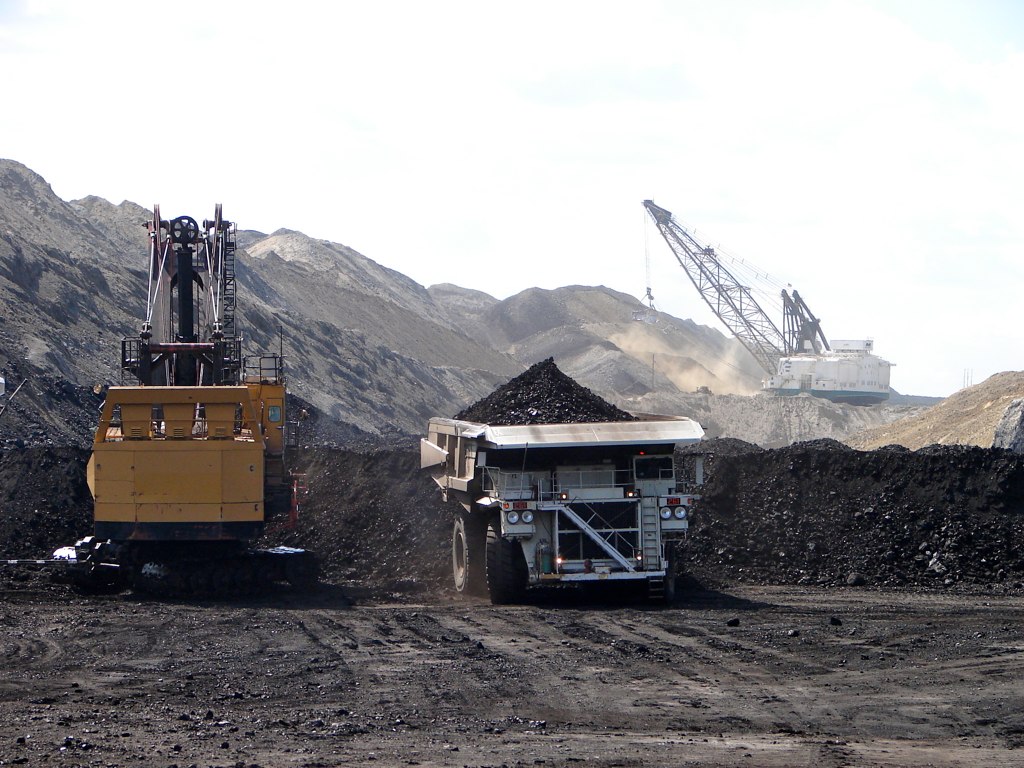
Trump voters wanted an end to government corruption, but his list of energy advisers are all deeply embedded in the fossil fuel industry.

From Standing Rock North Dakota to Kentucky, residents are fighting big oil and gas.
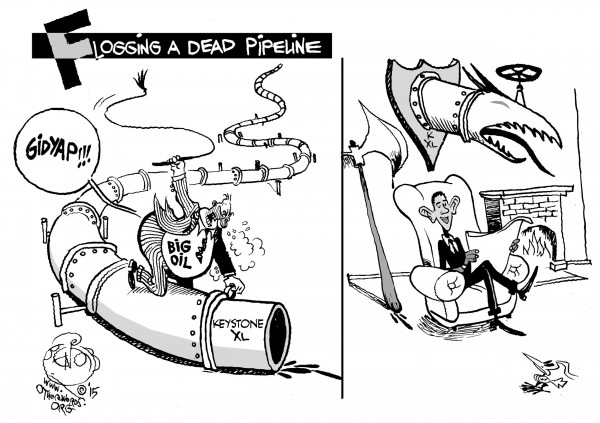
President Obama rejected the Keystone XL pipeline while backing increased oil, gas, and coal production.
The Canadian Pembina Pipeline Corporation hopes to build a propane export facility in Portland that would export 37,000 barrels a day to Asia.

Obama is finally showing us he is willing to fight – on coal, on tar sands, and on climate. His apparent willingness to challenge the climate impacts of coal and tar sands – after years of silence on both topics – is cause for some celebration.
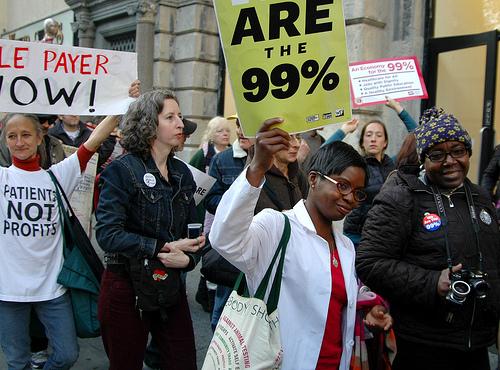
These are days of action in more than 400 occupied places across the nation. As we change the national conversation, we can dismantle the barriers to change.
While a Pew study shows that a third of U.S. soldiers felt that neither Iraq or Afghanistan were worth the effort, a pipeline project might ensure continued U.S. presence in the area.

With several pipeline projects under way, Central Asia is readying itself for a new “Great Game.”

Columnist Michael Klare explains that the war between Russia and Georgia centers around a critical oil pipeline that runs through South Ossetia and that Russia doesn’t control.
Chevron’s alleged human rights abuses in the Niger Delta and involvement in the Chad-Cameroon pipeline consortium highlights the need for the World Bank to screen for human rights abuses when it makes loans or investments.